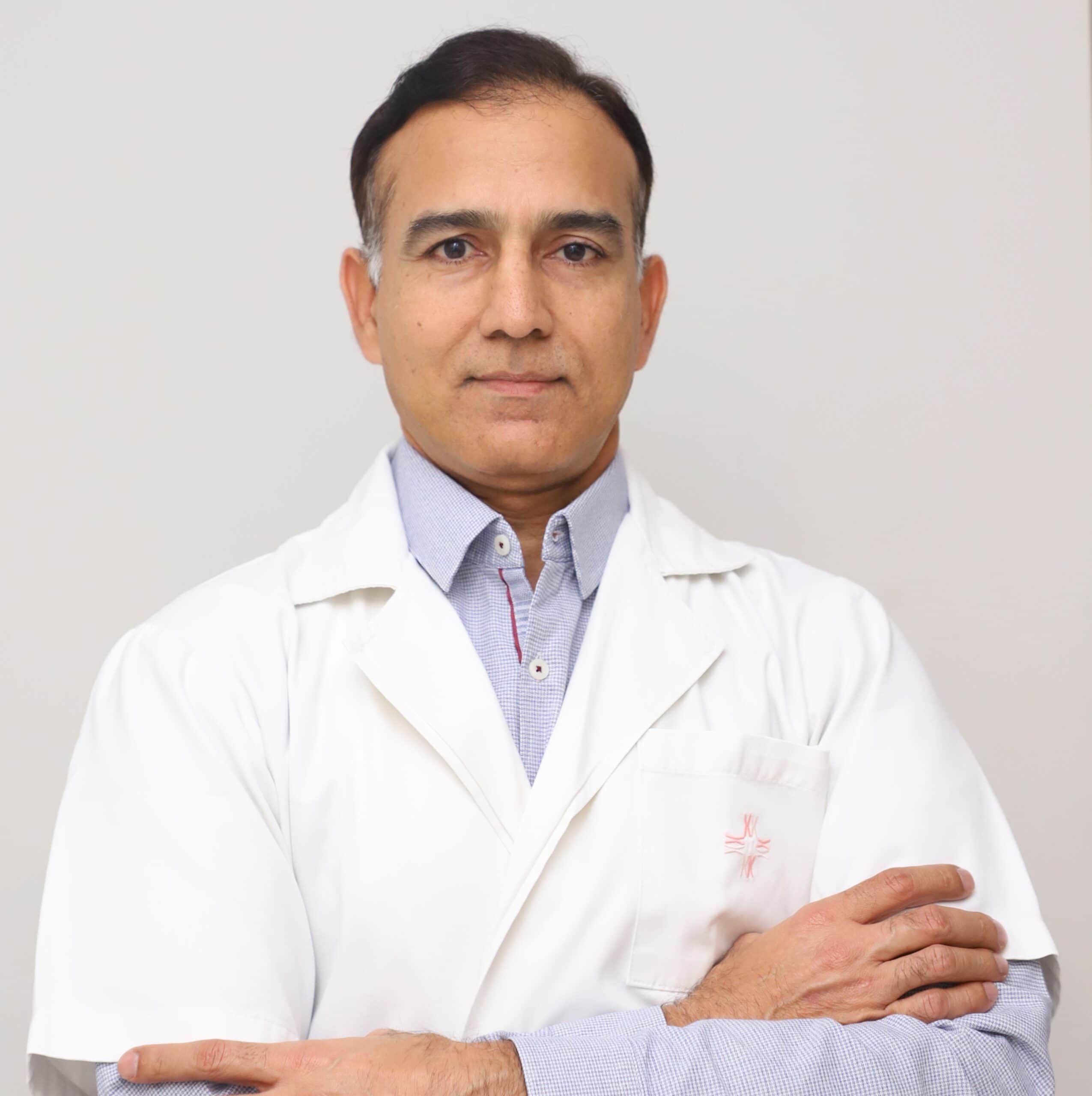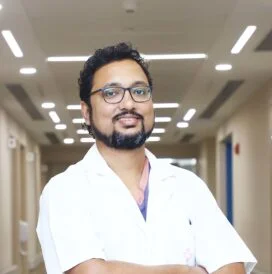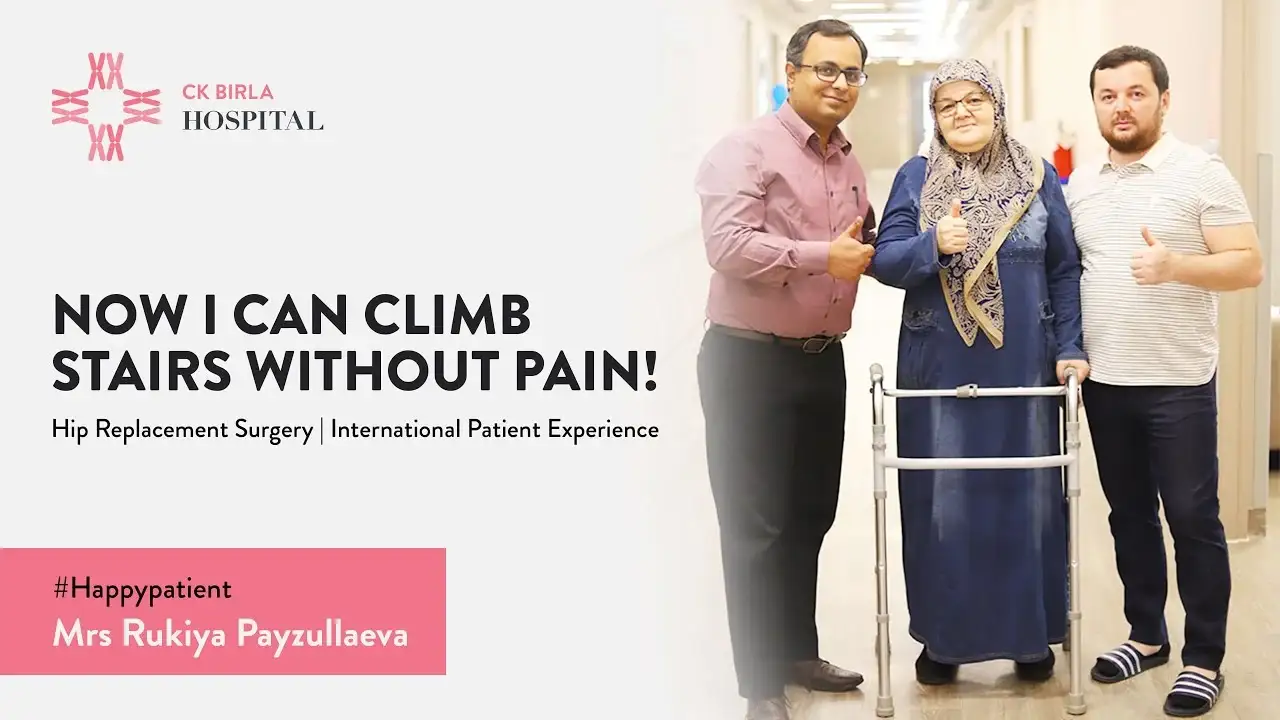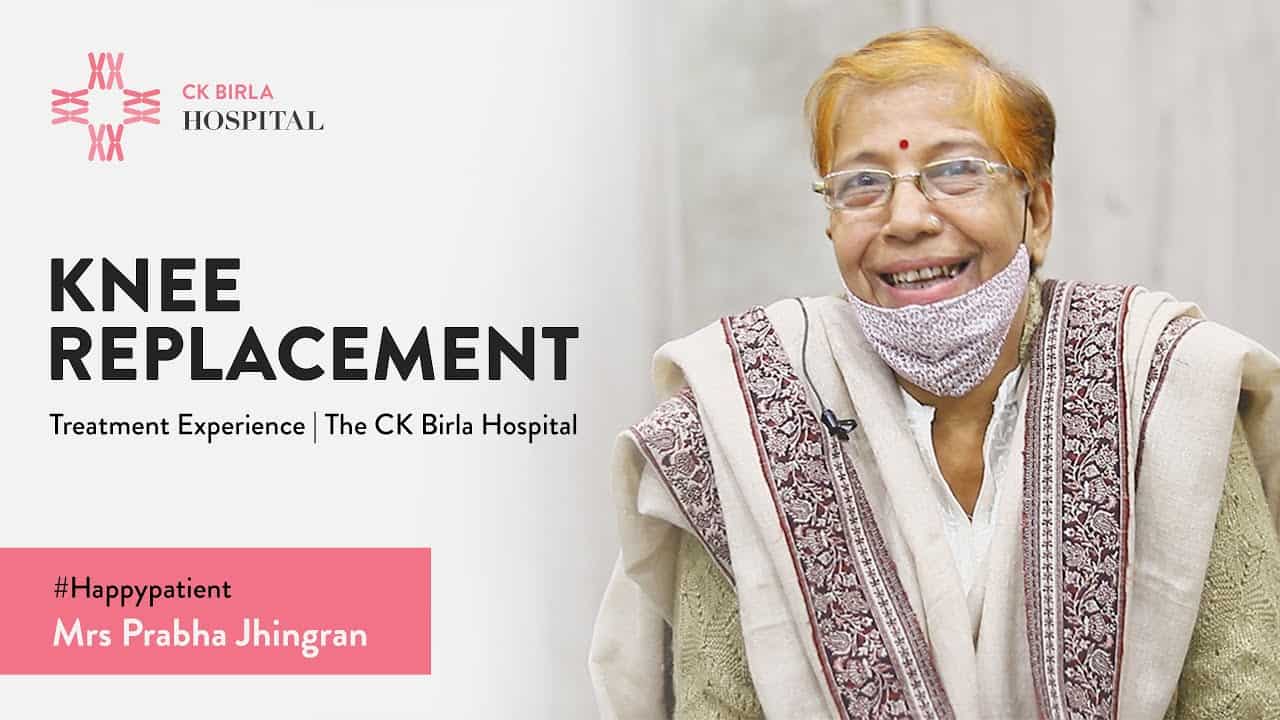- Home
- /
- Speciality
- /
- Geriatric orthopaedics
Why us for geriatric orthopaedics?
Our care team understands that advanced age brings different patterns of musculoskeletal problems. Hence, we offer personalised geriatric medicine for comprehensive care of the bones, joints and muscles of the elderly. Our renowned experts offer state-of-the-art robot-assisted surgeries that allow you to experience less post-operative pain, fewer risk of complications and best clinical outcomes. Our patient-centric care aims to restore your maximum function and avoid any long-term impacts of the disease. Our hospital is designed with your full and fast recovery in mind that we offer with the support of our highly skilled physiotherapists.
Our geriatric orthopaedic experts
All about geriatric orthopaedics
Listed below is everything you may need to learn about geriatric orthopaedics.
Geriatric orthopaedics is a part of geriatric medicine. It is a branch of medical science that deals with the assessment, prevention, treatment and post-operative care of musculoskeletal conditions in people over the age of 65.
Geriatric orthopaedics involves the acute and long-term care of orthopaedic problems and trauma in the elderly. Geriatric orthopaedic specialists offer medical and surgical treatment options for a wide range of conditions afflicting old age. These healthcare providers work in close seamless collaboration with physiotherapists and specially-trained nurses to deliver comprehensive care.
Here are some common orthopaedic conditions that affect the elderly:
Fractures – Fragility fractures are common in elder people. As you age, your bones lose their strength and mineral density, gradually becoming more prone to bone tears and cracks.
Osteoarthritis – Osteoarthritis is the most common form of arthritis. This condition leads to the wearing down of the flexible tissues at the end of the bones. It most commonly affects your hands, fingers, ankles, knees and spine.
Osteoporosis – Osteoporosis is a condition that leads to your bones becoming more brittle and weak with age due to reduced bone density and bone mass. It is more common in women than men.
Dislocations – Due to the frailty afflicted by age, elder people are more prone to falls that can lead to joint dislocations. A dislocation is when bones that make up a joint get displaced from their original positions.
Injuries – Due to increased weakness in the body, elder people are also more likely to be injured as a result of falls or accidents.
One of the most important aspects of geriatric orthopaedics is long-term care. Long-term care, here, implies measures that make elders more self-dependent in taking care of their health. This form of care also helps in preventing any chronic effects of their original problem or disease.
Geriatric orthopaedic specialists work in concert with specially-trained nurses to offer your services beneficial to prolong the effects of your treatment. It includes personalised nutritional guidance, physiotherapy classes, additional physical activity and psychological well-being.
Listed below are some expert-approved tips on how to care for your bone health after the age of 65 years.
Stay active – You should remain physically active unless told otherwise by the doctor. Moderate-intensity exercises every day or most days of the week for 30 minutes are enough for seniors to help maintain their health. Walking jogging, gardening and water aerobics are some exercises to choose from.
Eat a healthy diet – You should get enough calcium and vitamin D to maintain your bone health. Make sure that your meals are well-balanced with other nutrients such as protein as well.
Maintain a healthy weight – By staying active and eating healthy, you can ensure that your body weight is as per your expected BMI.
Make your home a safe space – You should avoid placing hazardous materials at your homes such as pins and nails or keep them stored separately to avoid injuries.
Avoid smoking – Smoking can reduce bone mass and increase your risks for fractured bone.
Patient Testimonials
FAQs
Fragility fractures, falls, arthritis and osteoporosis are some common health conditions affecting the elderly.
You should ensure to include sufficient qualities of Vitamin D, calcium and protein in your diet.
Physiotherapy helps in reducing pain, improving flexibility, avoiding the need for surgery and improvng mobility.






